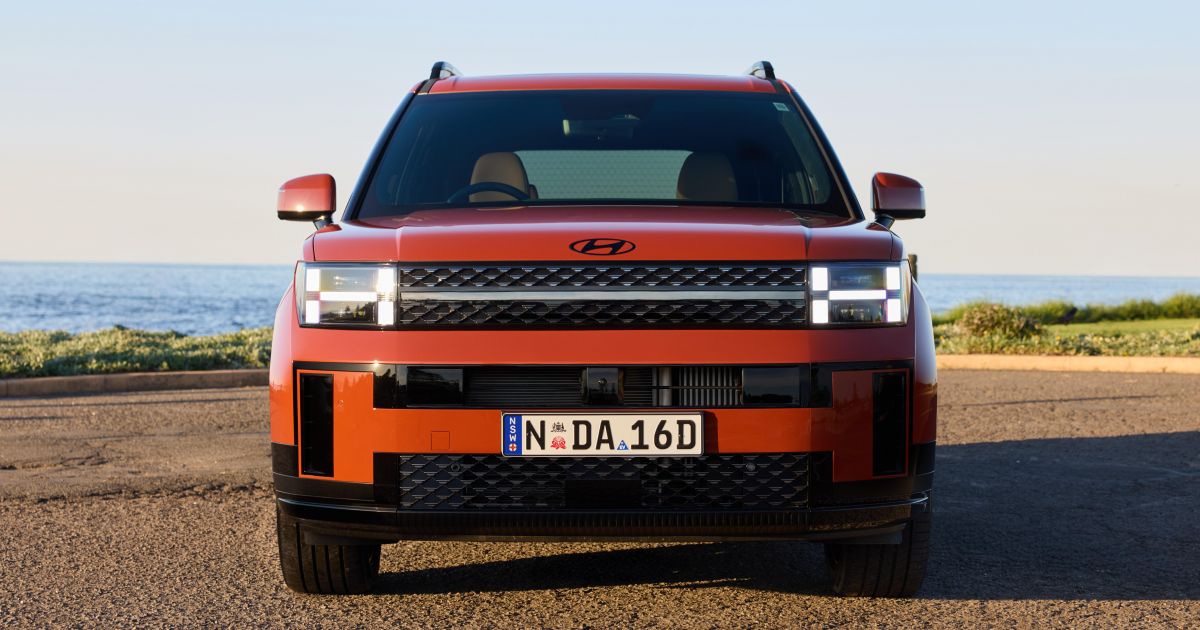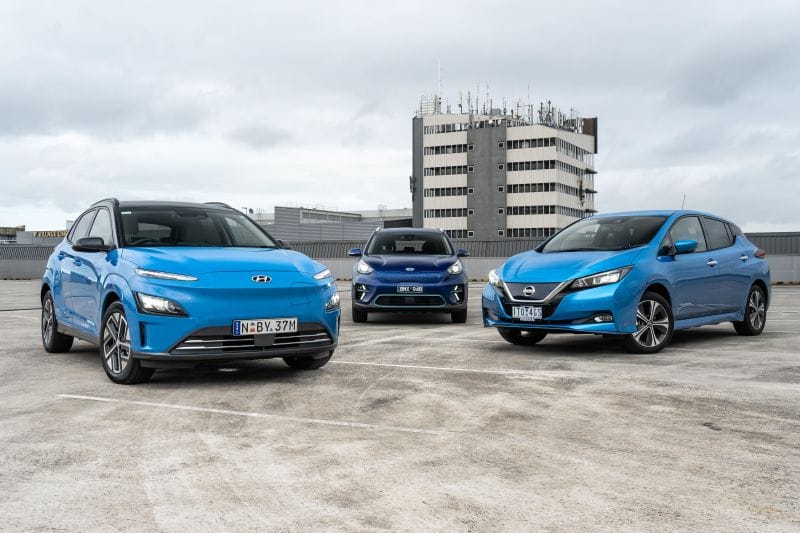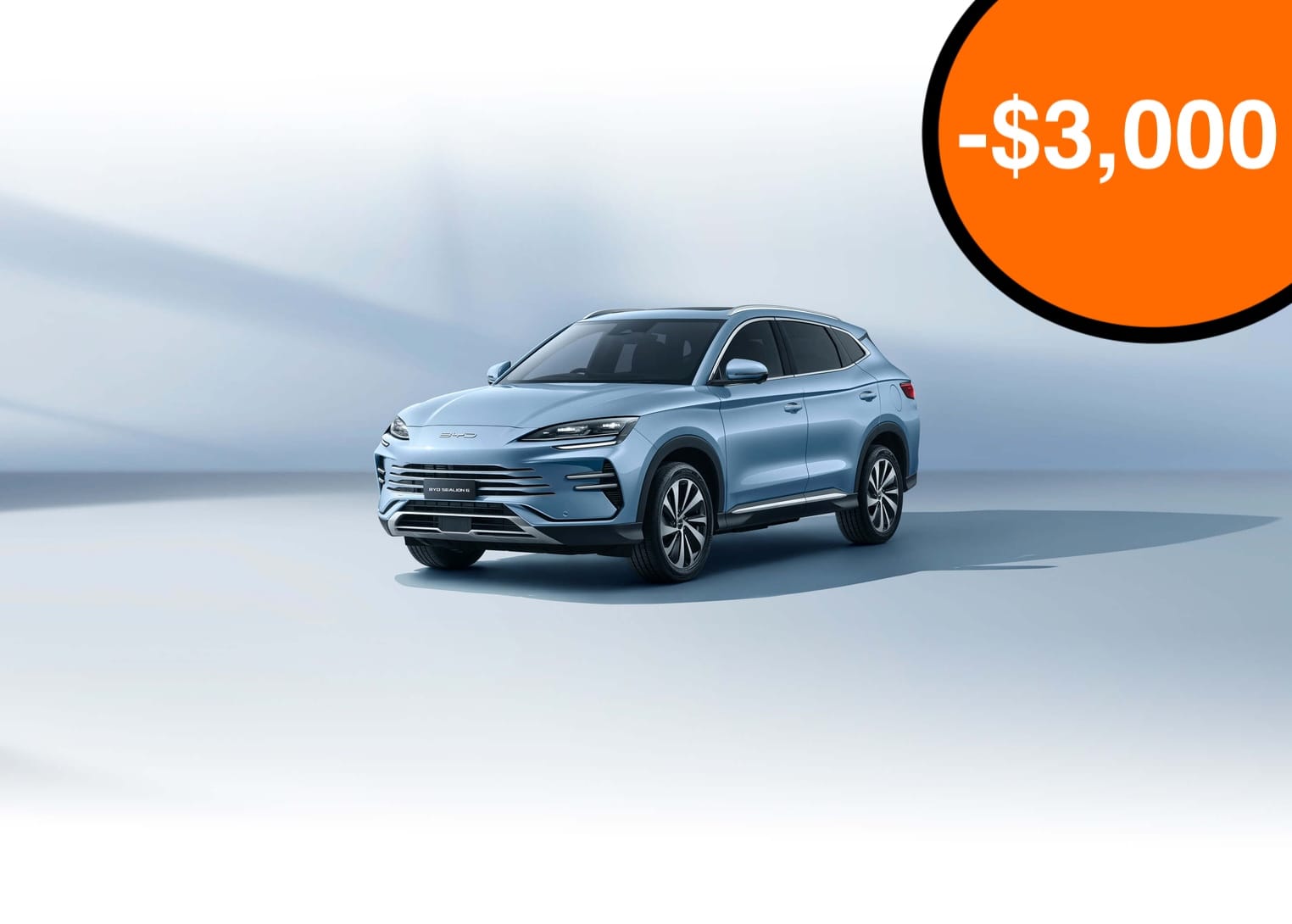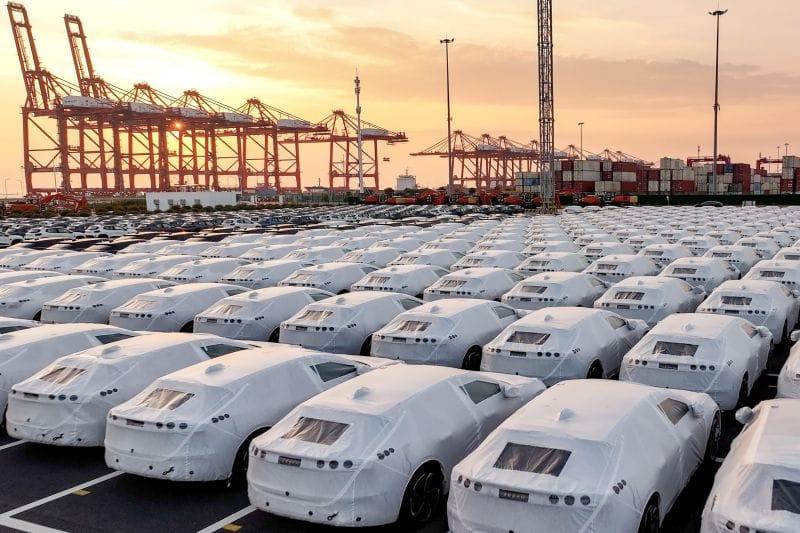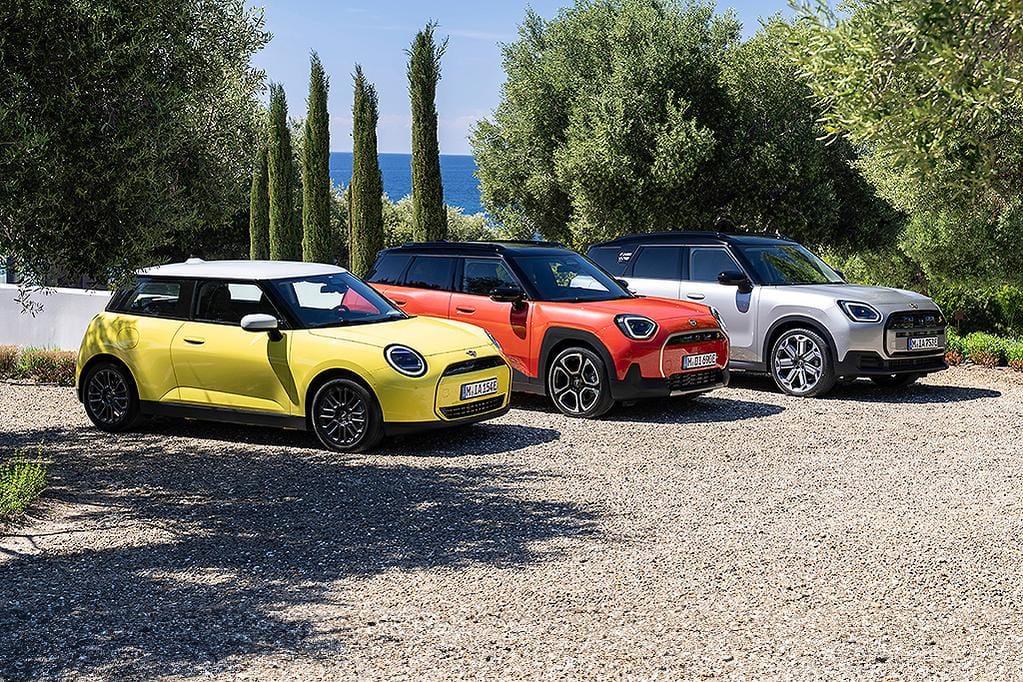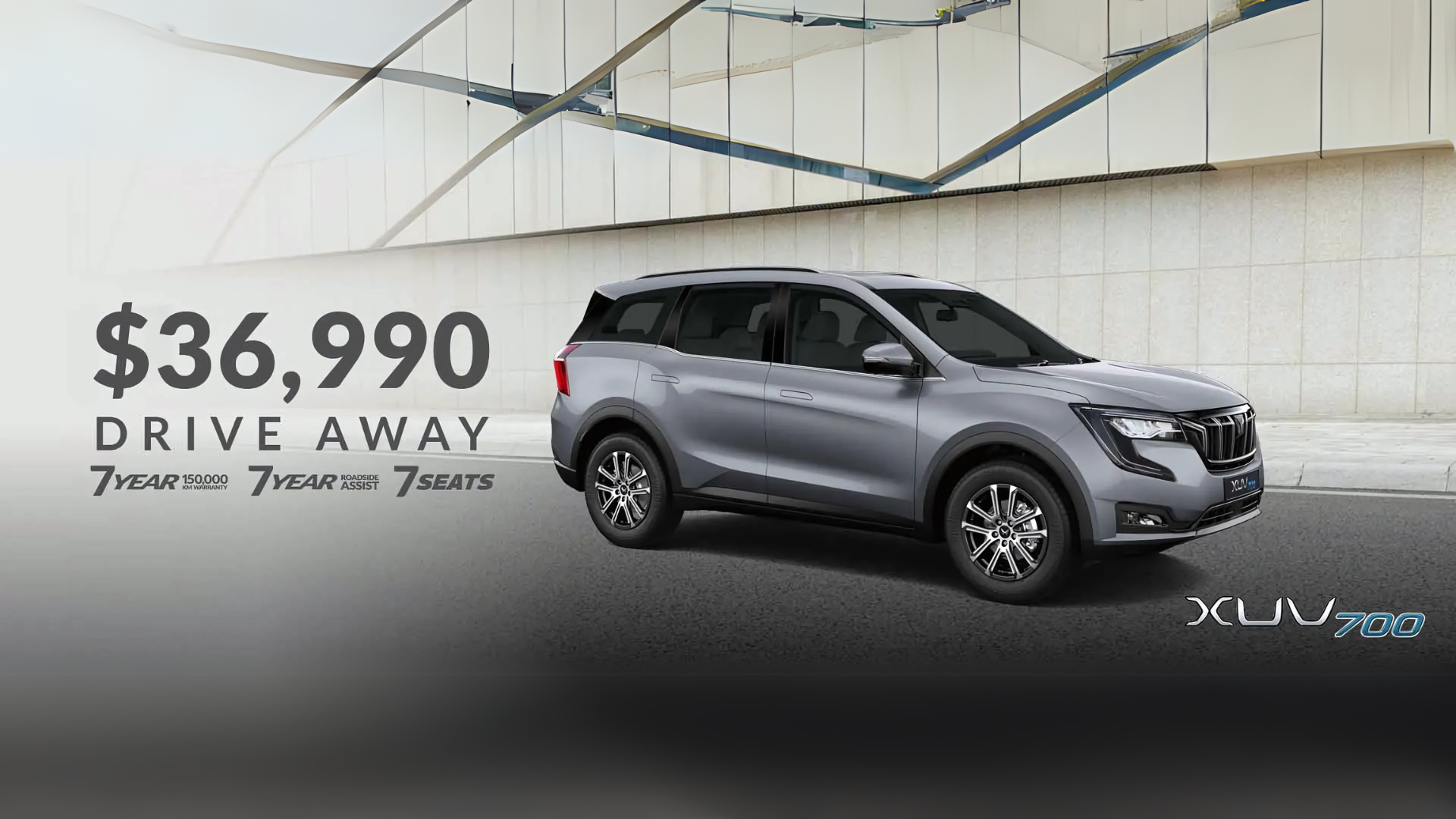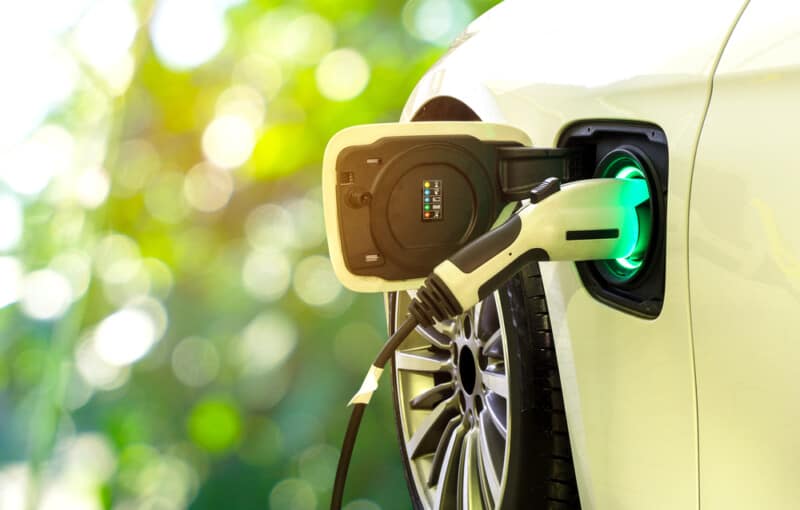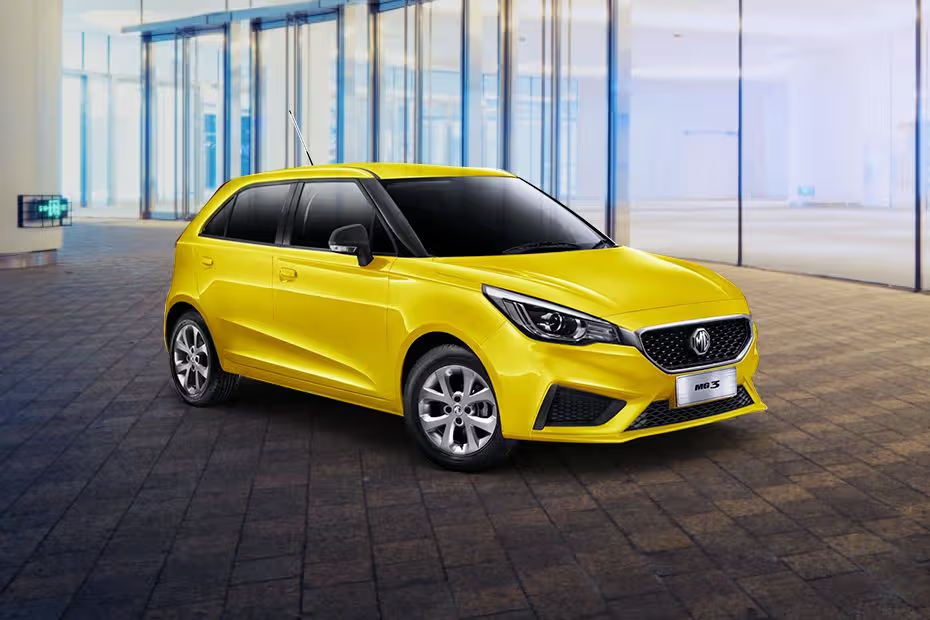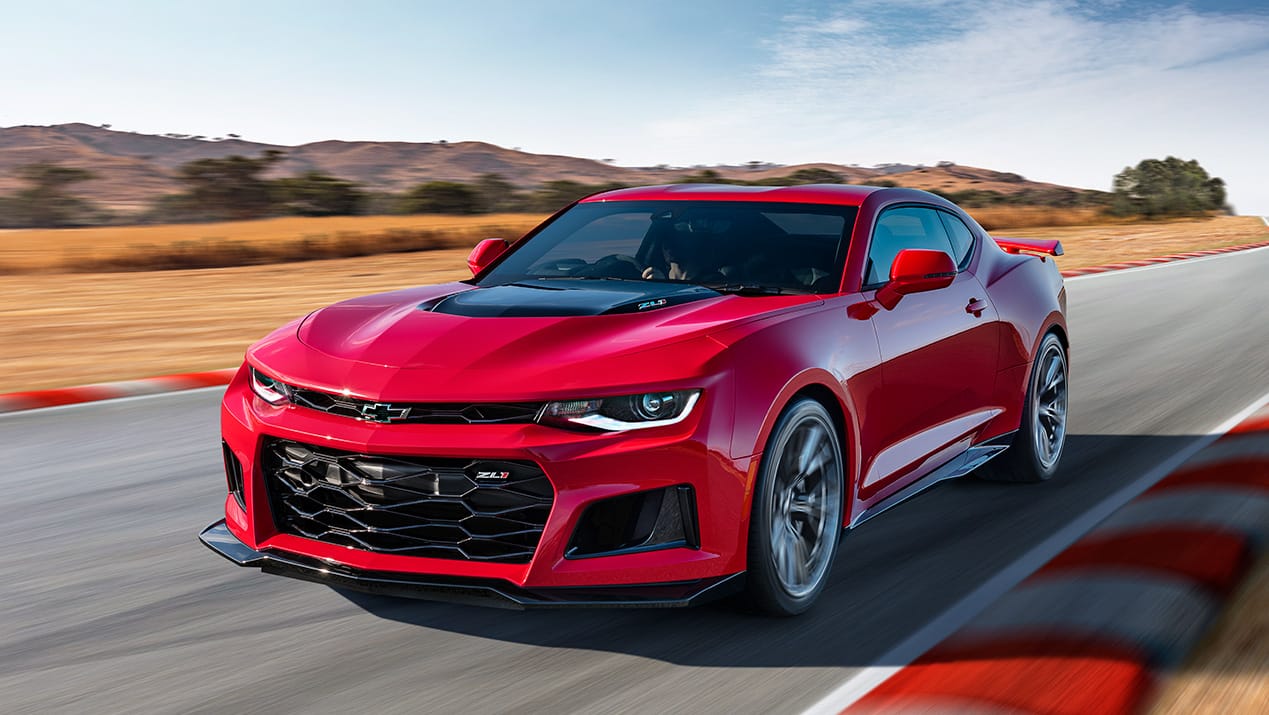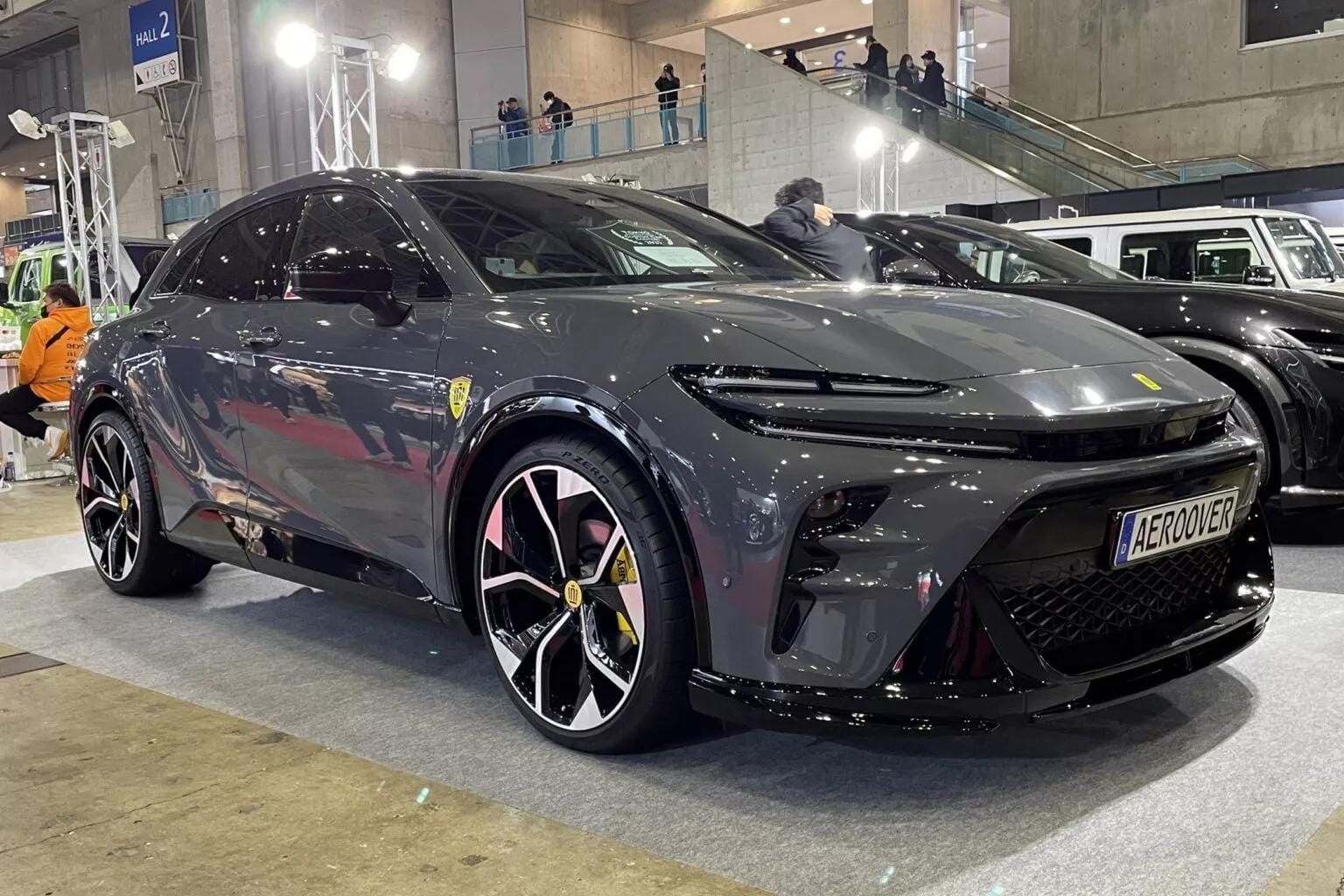As electric vehicles (EVs) continue to dominate discussions in the automotive world, Hyundai is upping the ante by setting ambitious goals for its lineup of EVs. However, it also recognizes the continued importance and demand for hybrid vehicles. To that end, the automaker has announced plans to double its existing hybrid lineup to encompass a total of 14 vehicles across both the Hyundai and Genesis brands. It’s worth noting that this is a first for Genesis, as it has never sold hybrid vehicles before.
A Shift in Market Demand?
In a surprising turn of events, this move comes amidst the deceleration of EV demand in some regions. That said, Hyundai, as revealed during its 2024 CEO Investor Day announcements, acknowledges that while EVs are “the future of transportation”, not every consumer is ready to make the leap to full electric. Therefore, Hyundai will continue to offer a diversified range of options including internal-combustion engine (ICE) vehicles, hybrids, plug-in hybrids, electric and hydrogen fuel-cell vehicles.
Investing in the Future
Between the years 2024 and 2033, Hyundai Motor has planned to invest an astronomical KRW 120.5 trillion (~A$133 billion) in its electrification strategy. A chunk of this investment, approximately KRW 54.5 trillion (~A$60bn), will be directed to research and development endeavors. With these investments, Hyundai anticipates achieving profit equality across all its powertrain options by 2030 and also aims to achieve an operating profit margin of over 10 per cent by the same year.
Extended Range Electric Vehicles
In an effort to fill the gap between its hybrid and electric offerings, Hyundai will be introducing extended-range electric vehicles (EREVs). These vehicles, which merge the benefits of combustion and electric-powered vehicles, will primarily be aimed at the North American and Chinese markets. The distinctive feature of these EREVs is their all-wheel drive with two electric motors. The fuel engine, in this case, will only be used as a generator to power the battery. This vehicle, when fully charged, boasts a combined range of over 900km.
The Future of Hybrids
Hyundai isn’t resting on its laurels when it comes to its hybrid technology. The company is actively developing its next-generation TMED-II hybrid system to replace the current TMED system. This updated technology will be used in a total of 14 vehicles across the Hyundai and Genesis brands, including every Genesis model lineup that isn’t exclusively electric already. They come equipped with smart regenerative braking and vehicle-to-load (V2L) technology which allows the vehicle’s battery to power external appliances.
Electric Vehicles
By 2030, Hyundai plans to have a lineup of 21 distinct EV models. These models aim to contribute to the company’s global sales goal of two million vehicles as EV demand picks up again. The company has set an overall delivery target for 5.5 million vehicles by 2030, which is a considerable increase from the 4.21 million vehicles delivered in 2023.
Hyundai has also unveiled plans to expand its high-performance N-badged range of EVs, and work is underway to bring the N Vision 74 concept into production with an electric powertrain instead of hydrogen power. The company is speeding up the development of next-generation batteries, including solid-state ones, and aims to introduce battery cell-to-vehicle (CTV) technology.


